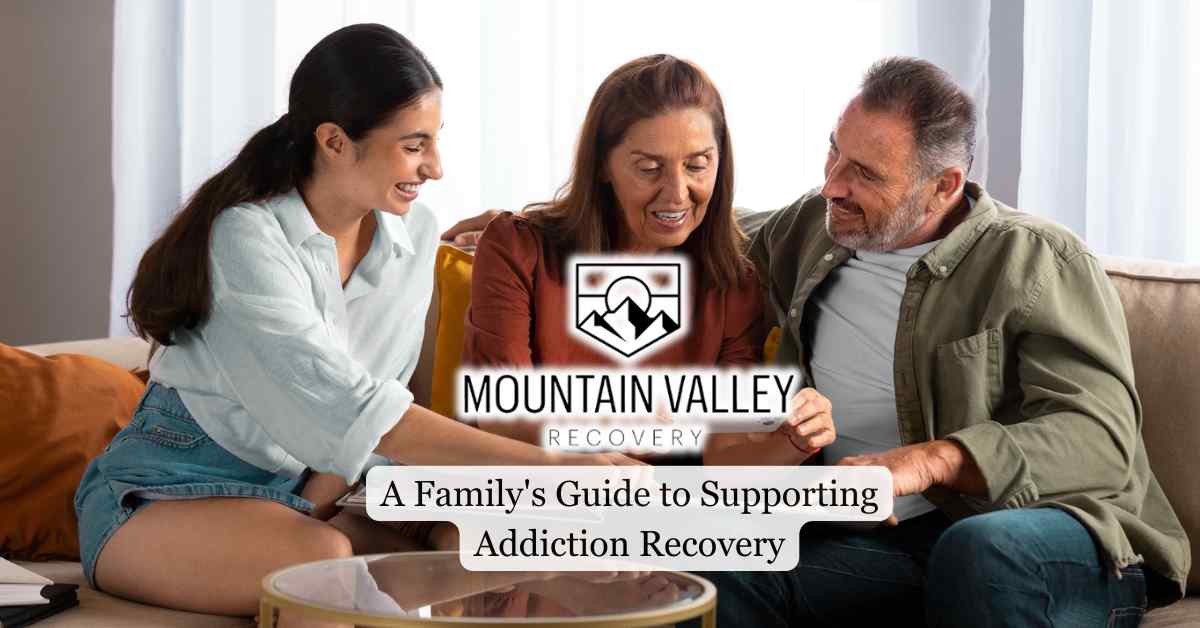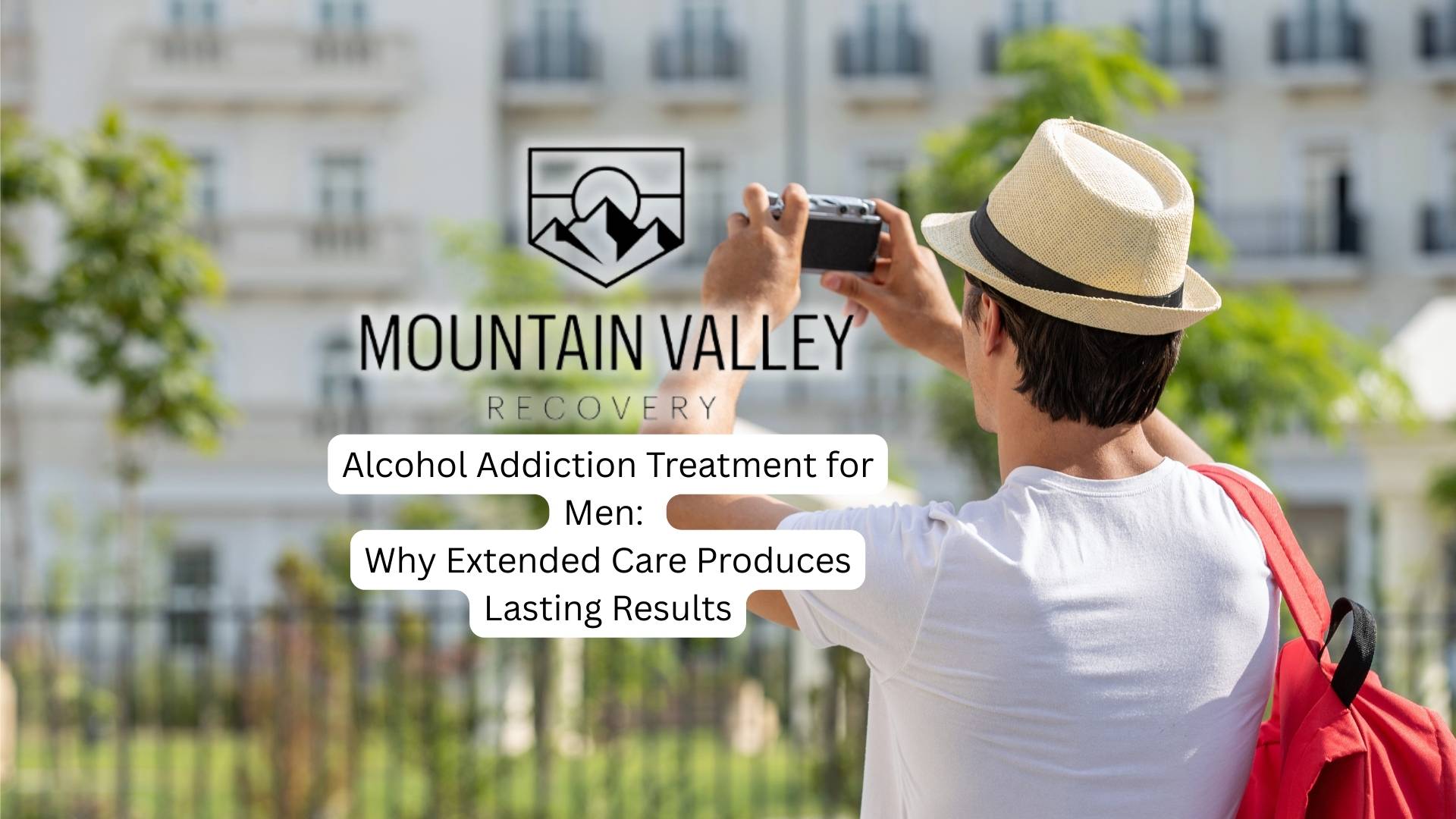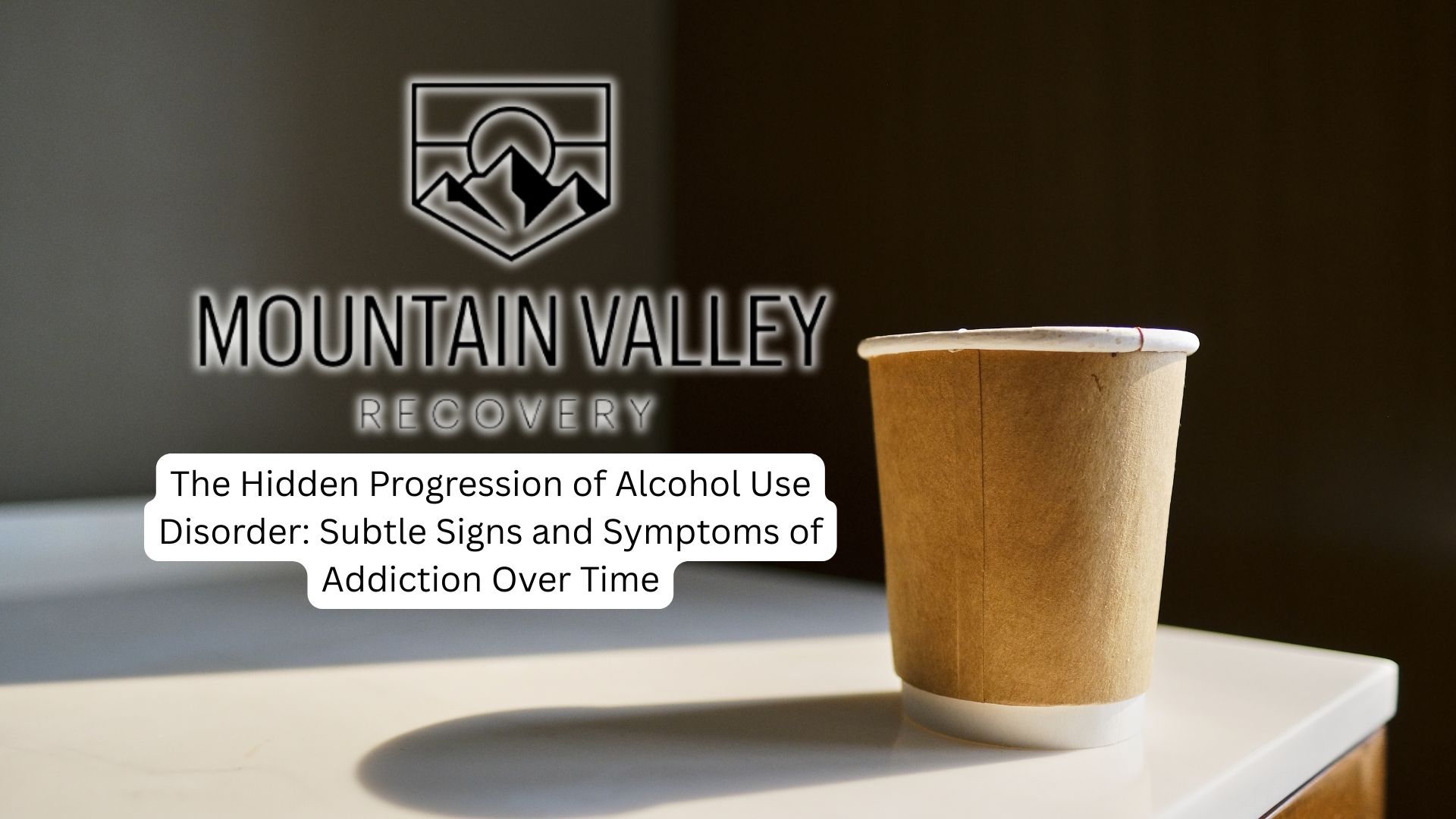When a loved one begins the path to recovery, the support of family members can play a vital role in their success. However, many families are not fully prepared for the emotional ups and downs, obstacles, and adjustments that come with supporting someone in recovery.
This guide is designed to equip families with the necessary information, resources, and techniques to effectively support their loved one’s journey to sobriety while also prioritizing their own well-being.
Understanding Addiction
Addiction is a chronic, relapsing disorder that significantly impacts both physical and mental health. It’s characterized by compulsive drug seeking and use, despite harmful consequences. Recognizing that addiction is a disease, not a personal failing, is essential for providing effective family support.
Approximately 21 million Americans are affected by at least one addiction, with genetic factors accounting for 40-60% of a person’s susceptibility to developing substance use disorders. However, environmental influences, particularly family dynamics and relationships, also play a critical role in the onset and progression of addiction.
By educating yourself about the nature of addiction and its impact on mental health, you’ll be better equipped to provide the compassion, understanding, and encouragement needed to help your loved one navigate the challenges of addiction recovery.
During the addiction treatment programs we offer at Mountain Valley Recovery our experience team will provide you with the tools, support, and evidence-based care needed to navigate the path to long-term recovery.
Fostering Open Communication
Create a safe space for honest discussions by initiating direct conversations about substance use. You might start with phrases like “Can we talk?” to encourage dialogue.
During these conversations, practice active listening and respond with empathy to maintain trust and promote healing. Establish a non-blaming environment that allows family members to express their feelings openly, which strengthens bonds and facilitates support for recovery.
Consider using structured conversation starters to guide you in addressing sensitive topics related to addiction and mental illness effectively.
Encouraging Professional Support
Treatment from reputable centers can significantly improve recovery outcomes, and your involvement in the process is crucial.
Urge them to seek help from qualified therapists and addiction specialists who can provide tailored strategies for managing their substance use disorder.
Engaging in family therapy can enhance communication, resolve conflicts, and create a healthier home environment that supports recovery. Attend sessions together to gain insights and tools for navigating this challenging journey.
Encourage your loved one to participate in support groups, where they can connect with others who understand their struggles.
Attend educational workshops to deepen your understanding of addiction and learn effective ways to offer support.

Setting Healthy Boundaries
Addiction affects the entire family, and setting boundaries helps distinguish between supportive behaviors and enabling actions.
As a family member, you should communicate your expectations and limits clearly, fostering accountability in your loved one struggling with addiction. This protects you from burnout and resentment, promoting healthier relationships within the household.
Open discussions about boundaries enhance understanding among family members, allowing everyone to express their feelings and concerns constructively. Consistently enforcing these limits reinforces your commitment to recovery and encourages your loved one to take responsibility for their actions.
Celebrate Milestones
Celebrating recovery milestones motivates individuals to achieve long-term goals, improves mental health, strengthens social connections, and serves as a reminder of progress made.
There are some unique ways to celebrate personal achievements in recovery: compile photos, letters, and mementos representing your journey from addiction to recovery. This visual representation can serve as a powerful reminder of your progress.
Plan a nature retreat or adventure by organizing a day trip or weekend getaway to a serene natural setting, such as hiking in the mountains or camping by the beach. This can symbolize the beauty of your journey and the tranquility found in sobriety.
Create a memory book or journal to document your recovery journey, reflecting on challenges, triumphs, and personal growth. This can serve as a source of inspiration and a reminder of your strength.
As a symbolic gesture, plant a tree to represent growth, renewal, and new beginnings. Watching the tree grow can mirror your own journey towards health and wholeness.
Creating a Supportive Home Environment
When you create a safe and nurturing space, you’re not only helping your loved one in recovery but also fostering a healthier family dynamic.
Establish clear boundaries and expectations within the home to differentiate between supportive and enabling behaviors.
This helps maintain a structured daily routine, providing stability and predictability crucial for managing triggers effectively. Consider engaging in family therapy to strengthen relationships and improve communication skills.
By aligning your efforts and working together, you’ll ensure that your loved one feels supported throughout their journey.
Cultivate an atmosphere of understanding, patience, and love, and you’ll be well on your way to creating a haven that promotes healing and growth for everyone involved.
Final Thoughts from Mountain Valley Recovery
At Mountain Valley Recovery, we recognize the distinct obstacles young adult men face when battling addiction. We also understand the crucial role family support plays in the recovery journey. Our ranch setting inspires clients to confront their challenges head-on and live with honesty and integrity. Similarly, we encourage families to approach their supportive role with the same level of commitment and genuineness.





